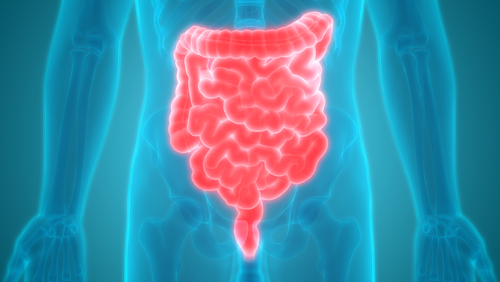Appendectomy Is Linked to Higher Risk of Parkinson’s, Study Suggests

People who have appendectomies have more than three times the risk of developing Parkinson’s disease, according to the findings of a U.S. large-scale study.
The study, “Parkinson’s Disease Is More Prevalent In Patients With Appendectomies: A National Population-Based Study,” will be presented during Digestive Disease Week (DDW) 2019, May 18-21 in San Diego, California.
One of the hallmark features of Parkinson’s disease is the accumulation of toxic aggregates of alpha-synuclein protein that can result in the degeneration of nerve cells.
These aggregates, also known as Lewy bodies, are commonly detected in brain cells of Parkinson’s patients, causing the well-known motor symptoms associated with the disease, such as tremors and balance problems. But these protein clumps can also accumulate in the cells that innervate the gastrointestinal (GI) tract early on in the onset of Parkinson’s disease.
This evidence has suggested that the GI tract could play a role in development of the disease.
“Recent research into the cause of Parkinson’s has centered around alpha-synuclein, a protein found in the gastrointestinal tract early in the onset of Parkinson’s,” Mohammed Z. Sheriff, MD, lead author of the study and a physician at Case Western Reserve University and University Hospitals Cleveland Medical Center, said in a press release. “This is why scientists around the world have been looking into the gastrointestinal tract, including the appendix, for evidence about the development of Parkinson’s.”
Results from previous studies have suggested that appendectomies, a surgery in which the appendix is removed, could increase the risk of having Parkinson’s disease. However, data on this topic have been conflicting.
To shed light on this matter, researchers reviewed clinical records stored by Explorys, a commercial database that contains electronic health records from 26 major integrated U.S. healthcare systems.
First, they identified patients who underwent appendectomies and who were subsequently diagnosed with Parkinson’s disease six months after the surgery.
Among the 62,218,050 records from the database, the team identified 488,190 patients who had undergone appendectomies. There were 4,470 cases of Parkinson’s disease among those who had had appendectomies (.92%), and 177,230 cases among patients who had not (.29%).
Analysis of the prevalence of Parkinson’s disease in these populations showed that people who underwent an appendectomy had 3.19 times the risk of developing Parkinson’s disease compared to those who had not had the surgical procedure.
Researchers also found that the risk of developing Parkinson’s disease was similar across all age groups, regardless of gender or ethnicity.
“This research shows a clear relationship between the appendix, or appendix removal, and Parkinson’s disease, but it is only an association,” Sheriff said. “Additional research is needed to confirm this connection and to better understand the mechanisms involved.”






